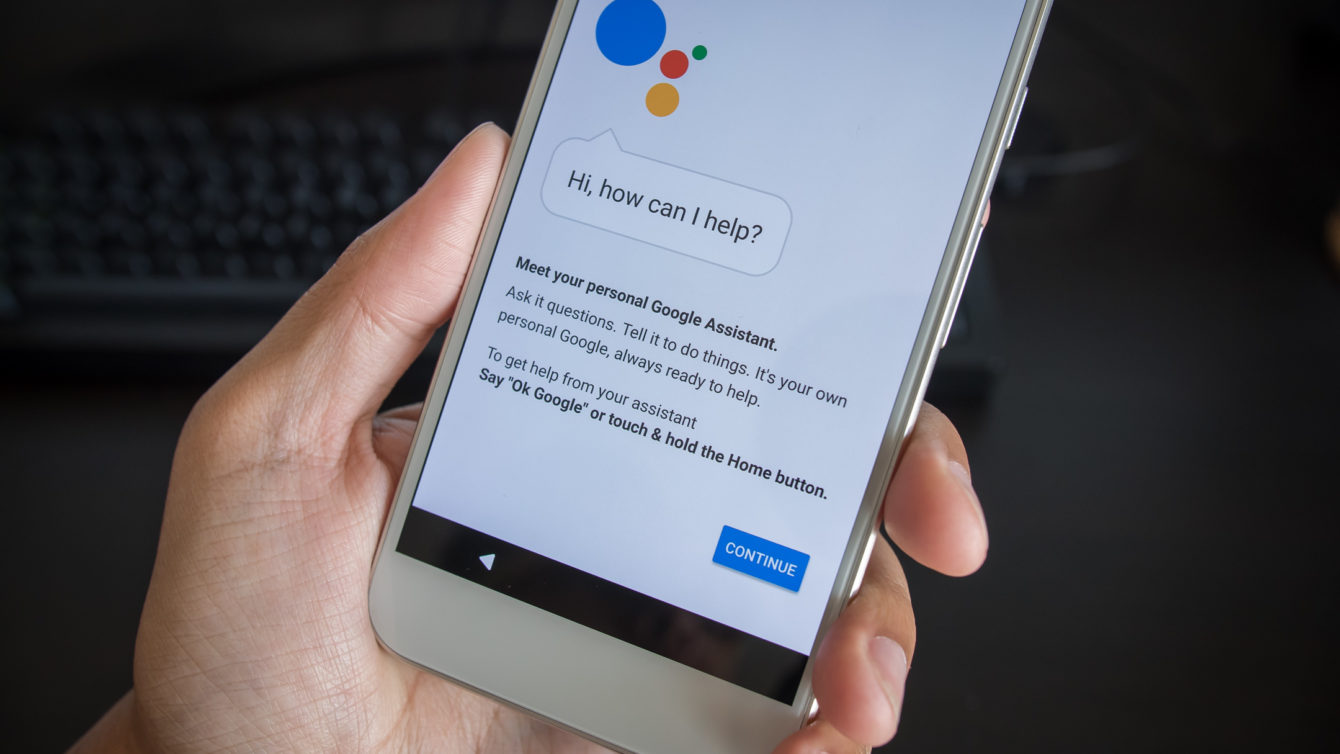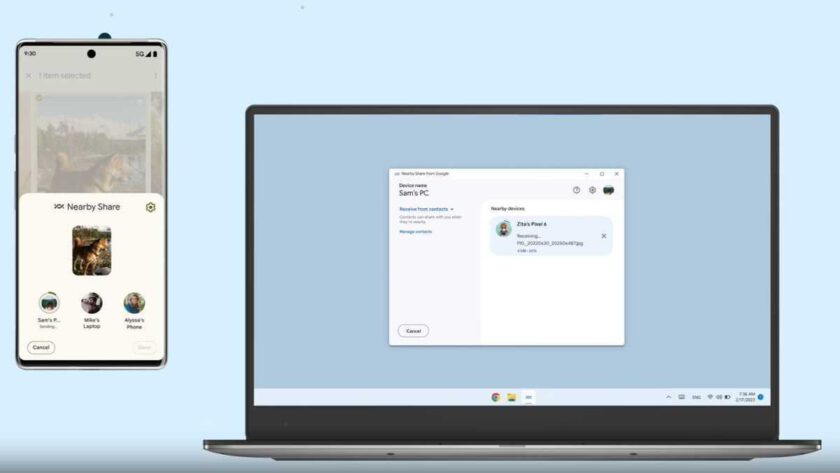Google has unveiled artificial intelligence software that books appointments over the phone on behalf of users by conducting voice-based conversations on their behalf.
Chief executive Sundar Pichair said that Google Duplex would launch as an “experiment” over the coming weeks.
The facility was unveiled at the firm’s annual IO developers conference.
Experts have said that if it works it could give the firm a major advantage over rival virtual assistants.
Pre-recorded demonstrations played back to the audience featured the software first booking a haircut and then making a restaurant reservation by speaking to two human employees.
One of the cases involved Google Assistant coping with a worker who seemed confused by straightforward questions.
The computer-generated voice sounded much more natural than the virtual helper had done in the past and included “ums” and other sounds typically produced in human speech.
At no point did it identify itself as a machine.
“Done correctly, it will save time for people and generate a lot of value for businesses,” suggested Mr Pichai.
He added that initially, the software would be used to call businesses to confirm their holiday opening times, and would then automatically update the information on the pages Google provides about them.
Hard to believe this was real,” commented Ben Bajaran, an analyst at the consultancy Creative Strategies after the demo.
“Apple cannot fall too far behind because this is the kind of thing I can see people switching platforms for.”
Other experts, however, remarked that people would have to be convinced to trust the software if it is to be widely adopted.
Google also announced a new version of its News tool.
A Full Coverage feature will let users delve deeper into stories of their choice, providing headlines from different “trusted” sources, Q&As, social media posts and relevant timelines among other information.
Unlike many of firm’s services, the content will not be personalised.
“Having a productive conversation or debate requires everyone to have access to the same information,” Google said in blog that provides more detail.
Google’s augmented reality chief Aparna Chennapragada also described work that had been done to improve the software’s ability to know where phone owners are located.
“GPS alone doesn’t cut it,” she explained.
“That’s why we’ve been working on what we call VPS – visual positioning system – that can estimate precise positioning and orientation [by using] visual features in the environment.”




